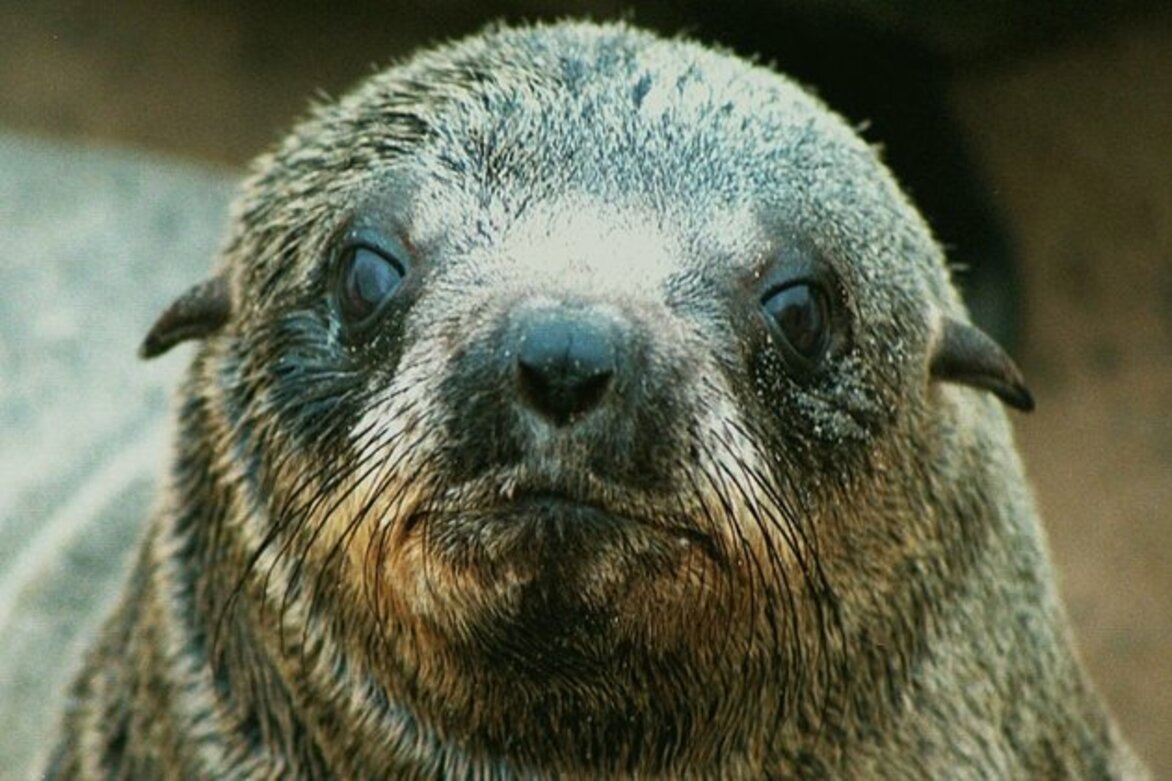Namibian Government Approves Culling 86,000 Seals
Voice of America
10 Jun 2023

Windhoek, Namibia - This year's Cape fur seal culling along Namibia's coastline is set to begin July 1 - a harvest that's done onshore for population control.
The seal population, according to the country's Ministry of Fisheries and Marine Resources, stands at 1.6 million and is made up of 26 colonies. The ministry has issued a quota for the harvesting of 80,000 pups and 6,000 bulls this year.
The annual harvest is usually met with controversy because of the methods used in the culling of seals. Pups are clubbed over the head, while the bigger bulls are shot with rifles.
The culling method has raised ethical concerns among environmentalists, but authorities say the population must be thinned to maintain fish stocks in the ocean. Seals are estimated to consume 2 million tons of fish per year.
Environmental advocate Dirk Heinrich told VOA that the seals are not to blame for the depletion of the fish stocks. Overfishing in Namibian waters for profit is the cause, he said.
"It seems that some people lose some money, and then the best culprit is another animal, and then we kill that animal and make it less and try to make money out of it,' he said. 'In that way, we actually destroy our whole ecosystem.
'We should rather look at us, the humans. Are we concerned, especially we Namibians, are we concerned about conservation and the natural or sustainable utilization of natural resources, or are we looking at dollars only?"
Seal products
Fisheries Ministry spokesperson Uaripi Katjiukua told VOA the seals feed mostly on noncommercial fish stocks, such as gobies. She also explained what is done with the culled seals.
"The seal products include the skin, the meal, oil, and dry genitals meat,' she said. 'These products are demanded both in the local and international markets."
The seal harvesting is overseen by Ministry of Environment officials alongside those of the Fisheries Ministry. Romeo Muyunda, spokesperson for the Environment Ministry, said, 'If you let that [seal] population grow, then indeed it is that population that is going to consume commercial amounts [of fish], and we don't want it to get to that level.' The population needs to be maintained at a level that the ecosystem can support, he said.
Twenty-seven countries worldwide, including the U.S., Mexico and South Africa, have banned imports of all seal products. In 2019, the European Union banned all imports of seal products, citing animal welfare and the culling methods.
Namibian seal products are exported mainly to Asian markets. Seal penis is a delicacy in China.
